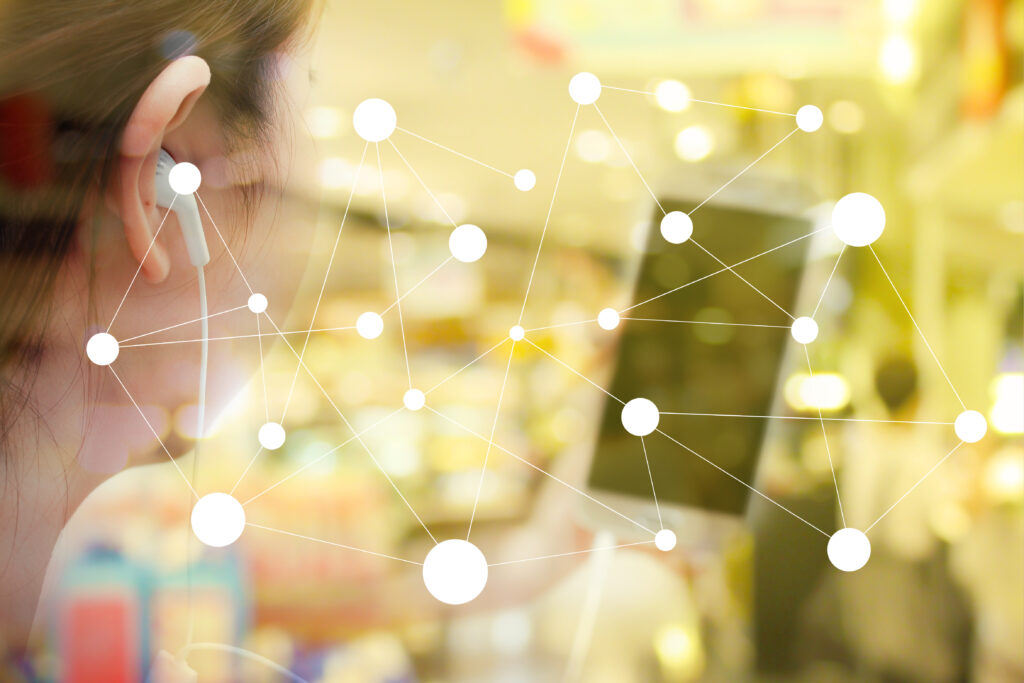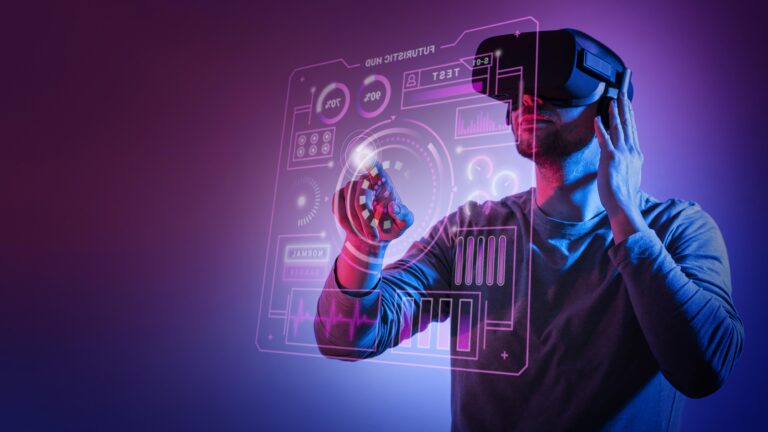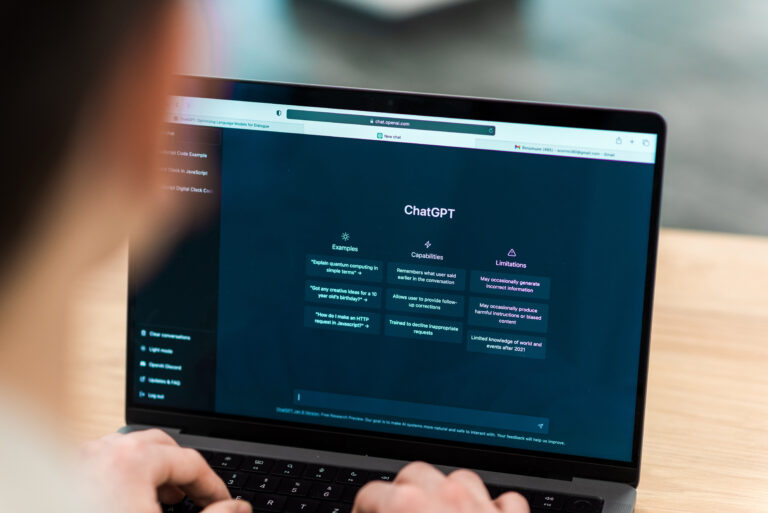
Introduction
If you think about it, there’s almost no moment in the day when we’re truly offline. Our phones are the first thing we touch in the morning and the last thing we check before falling asleep. We live inside an invisible web of notifications, messages, and constant information. It’s efficient, yes but also exhausting.
Many of us, including myself, have felt that silent anxiety when there’s no Wi-Fi, or restlessness when we leave our phone in another room. It is ironic how something engineered to connect us with the world sometimes makes us disconnected with ourselves. This is what experts today refer to as hyperconnectivity a modern condition that has discreetly reshaped mental health.
Understanding how this constant exposure to technology influences our minds is no longer optional; it’s a challenge that affects almost all aspects of life, from sleep and productivity to emotional well being.
What Is Hyperconnectivity, Really?
Hyperconnectivity does not mean being online many hours of the day. Instead, it means never really disconnecting. Psychologists at the University of Michigan describe it as “a state of continuous digital engagement” in which the brain is always expecting messages, updates, or responses of any type.
It’s the reflex of unlocking your phone even when there’s nothing new to see. It’s the small discomfort when the battery is low or when you don’t get a reply right away. These small signals, repeated hundreds of times a day, gradually condition our minds.
The World Health Organization has warned about the mental effects of this kind of exposure, linking it to stress, anxiety, and decreased attention. A report from the Pew Research Center finds that 60% of adults say they feel overwhelmed by the amount of information available to them.
The Psychological Cost of Always Being Connected
Every notification on the screen releases a dose of dopamine the same chemical associated with pleasure and reward. Researchers from Harvard Medical School found that this mechanism is very much like what happens in cases of gambling addiction. That’s why checking the phone for “just a second” so often turns into a long scroll.
This circle of repetition creates a subtle, yet persistent, emotional dependency. A lot of people begin measuring their value or mood based on digital interaction such as likes, messages, and followers. This pattern, over time, shapes the way the brain manages self esteem and satisfaction.
A Stanford University study revealed that people who constantly multitask across digital platforms switching between chats, videos, and emails perform worse on memory and concentration tests. The mind is scattered, jumping from one thing to another without really resting on any.
Sleep and Attention Disorders
Hyperconnectivity doesn’t only affect mood, but also interferes with biological rhythms. The blue light from screens delays the release of melatonin, the hormone responsible for the regulation of sleep. Researchers at the University of California, Berkeley, have shown that exposure to screens at night reduces both quality and duration of sleep.
The result is a generation that sleeps less, rests worse, and wakes up already tired. What’s even worse, this chronic sleep deprivation aggravates anxiety, irritability, and poor concentration which in their turn increase dependence on screens as a quick distraction.
The brain is getting habituated with fast stimulation, hence concentrating for a longer time becomes tough. Constantly switching between apps and notifications breaks the flow of attention. According to one report from Microsoft’s Human Attention Research Lab, the average attention span has dropped as low as 8 seconds, shorter than the span of a goldfish.

The Social Paradox: Connected but Isolated
One of the strangest effects of hyperconnectivity is emotional isolation. As much as technology has brought people from different continents closer, it has weakened in person communication. For example, people who spend more than four hours a day on social media report higher levels of loneliness than those who spend less than one, according to a study by the University of Oxford.
The paradox couldn’t be clearer: we are never “disconnected,” and yet we often feel lonelier. Digital interactions are faster, or at least easier, but they have no tone, touch, and presence the very things that build empathy and trust.
Socially, too, there is a compulsion to present a perfect life. The endless comparisons to others’ highlight reels can fuel self doubt and low self esteem. Many users unconsciously compare their everyday reality with other people’s best moments, creating a distorted perception of happiness and success.
How to Reduce the Mental Impact of Hyperconnectivity
Intentional habits are needed to break this digital loop. A completely digital detox is unrealistic for most people, but small changes make a big difference. Experts suggest turning off unnecessary notifications, keeping phones away during meals or bedtime, and setting aside specific times to check the messages.
Practicing mindfulness or meditation re trains the attention and raises insight into the way technology use links with emotions. Physical activities lower the brain’s reliance on digital stimuli: walking, exercising, or merely being outside.
It’s not about rejecting technology, it’s about using it consciously: setting limits, recognising fatigue, respecting offline time that is acts of self care. Some companies, especially in Europe, have adopted “right to disconnect” policies, encouraging employees to unplug after work hours.
Conclusion
Hyperconnectivity defines the digital era, yet simultaneously puts our psychic balance to the test. Technology in itself is not bad, but what really hurts us is the lack of boundaries used in it. The challenge is learning how to coexist with it without letting it dominate our inner peace.
Moments of silence, space, and presence are starting to become the new form of emotional intelligence. Disconnecting is not about rejecting the modern world; it’s about taking control over our attention and our time.
Learning to use technology intentionally rather than letting technology use us will be one of the great emotional skills of this century, and perhaps the key to staying mentally healthy in a world that never stops.






